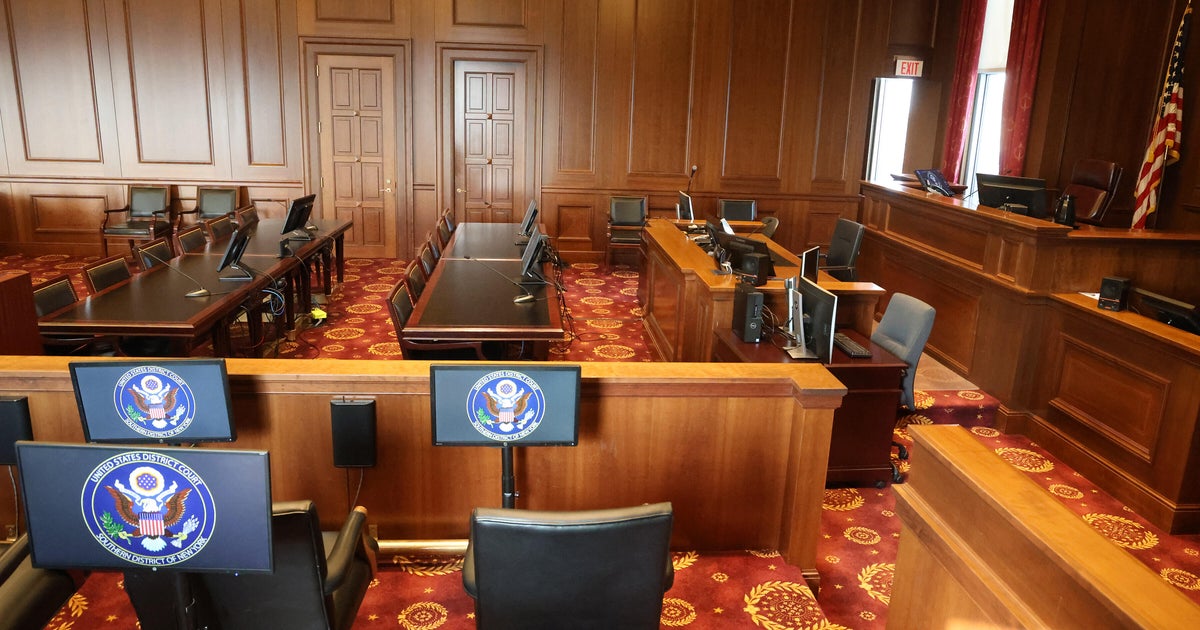Federal Public Defender Program Faces Crisis as Funding Dries Up, Threatening Indigent Defense
Federal Public Defender Program Faces Crisis as Funding Dries Up, Threatening Indigent Defense

The federal program responsible for compensating private attorneys who represent indigent criminal defendants has run out of funds, triggering a financial crisis that threatens to cripple the constitutional right to counsel. As of early July, the Criminal Justice Act (CJA) program, which pays court-appointed lawyers, ceased payments for work already performed, leaving thousands of attorneys and their support staff unpaid.
This severe funding shortfall impacts over 12,000 private lawyers nationwide who handle approximately 40% of federal criminal cases for defendants unable to afford representation. The crisis is exacerbated by a hiring freeze for federal defenders’ offices, pushing more cases to the CJA panel. Lawyers are currently not being paid for their work and will not receive compensation until Congress appropriates more money, with lawmakers facing a critical September 30 deadline to pass legislation to keep the government funded.
Legal experts and judges are sounding the alarm about the immediate and long-term consequences. Andy Birrell, president of the National Association of Criminal Defense Lawyers, warns that the lack of funding “threatens to cripple the ability to provide effective public defense, lead to back-ups, attorney shortages and a denial of due process.” Some lawyers are already taking out bridge loans or declining new assignments due to the payment pause, and court dockets are seeing delays as defense teams lack the funds for essential experts and investigators.
The judiciary had requested $1.7 billion for Defender Services for fiscal year 2026, including $116 million to cover the current shortfall. However, Congress approved only $1.45 billion in March, $129 million less than requested. With Congress on recess until September 2, a stopgap funding measure is likely, but judges like Cathy Seibel, who chairs the Committee on Defender Services, emphasize that a temporary fix won’t solve the underlying issue of chronic underfunding. The judiciary is working to prevent a “nightmare scenario” where the lack of funding directly impacts defendants’ Sixth Amendment right to a speedy and fair trial.
Disclaimer: This content is aggregated from public sources online. Please verify information independently. If you believe your rights have been infringed, contact us for removal.